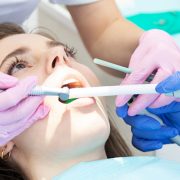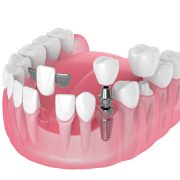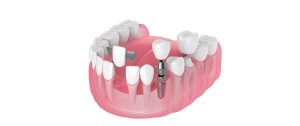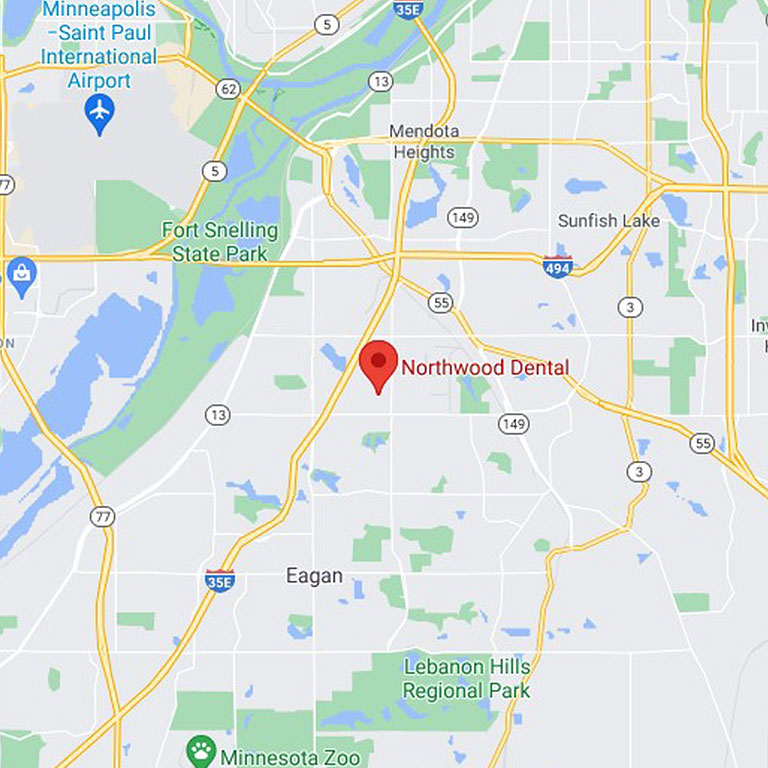Cosmetic Dentist
LEARN MORE FROM OUR MINNEAPOLIS-ST. PAUL COSMETIC DENTIST
If you have experienced tooth loss or extreme dental decay, you may be eligible for dental implants. Our Minneapolis-St. Paul cosmetic dentist recommends dental implants for anyone looking to restore the look and function of their smile. Every smile is unique, so our team will need to perform a thorough evaluation of your dental health needs in order to recommend the appropriate treatment. Keep reading to learn more about dental implants, and schedule a consultation to find out if an implant would be right for your smile.
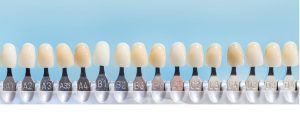
Not Everyone Is Eligible for Dental Implants
Dental implants are an excellent option for anyone who requires restoration as long as they have a healthy foundation. That means a candidate should be free of gum disease, dental decay, and any oral health issue that may threaten the success of their dental implant. People who have a history of smoking may not be eligible because they are more at risk for developing some oral health issues such as dental decay and even oral cancer. Anyone going through radiation therapy in the head or neck area is not eligible for this procedure. People with chronic conditions or anyone who lives with diabetes or heart conditions will need to speak to a doctor prior to undergoing a dental implant procedure. For patients with gum or bone recession, we may recommend additional treatments prior to the implementation of dental implants.
Schedule a consultation with our Minneapolis-St. Paul cosmetic dentist to find out if dental implants would be a good option for your smile. We can help you understand all of your treatment options so that we can find the right plan to suit your specific needs.
Dental Implants are a Lifetime Investment
Some patients may be wary of dental implants because they are a high cost upfront. However, dental implants are a lifetime investment. By far, implants are the highest quality of smile restoration. This is because the implant will fuse to your jawbone over time and will become part of the facial structure. Implants require several appointments to complete, but they do not require additional visits once the treatment is finished. Other restorative dental treatments may cost less initially, the price will add up when they need to be repaired or replaced. Dental implants provide a secure and durable restoration that looks and functions just like a natural tooth. That means that they won’t require extra visits or adjustments, and you can get back to having a confident smile as quickly as possible. We highly recommend dental implants for any patient in need of a smile restoration because they provide the most value for your investment.
Implants Look and Function Like Natural Teeth
Dental implants are inserted directly into the jaw using a titanium screw. This screw acts as a tooth root that holds the implant in place. A porcelain crown is attached to the screw and creates a natural-looking restoration. Over time, the implant will become a part of your facial structure and provide a secure new tooth. This also helps to promote a more youthful appearance because it offers more support to the facial muscles. Dental implants can be an excellent way to give you your beautiful, strong, and confident smile back. Our Minneapolis-St. Paul cosmetic dentist recommends this method of restoration for anyone looking to achieve the best restoration possible.
To learn more about dental implants, call our office to schedule a consultation. Our team can help identify all of the options available to you and find the right option to suit your needs. You can reach our team by calling (651) 687-0789 or by filling out an appointment request form directly on our site. We look forward to seeing your beautiful smile, so call today!

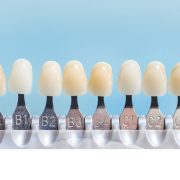
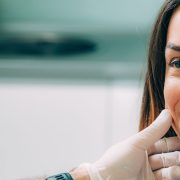





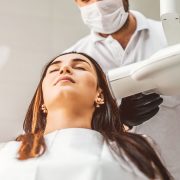


 When Should They be Applied?
When Should They be Applied?